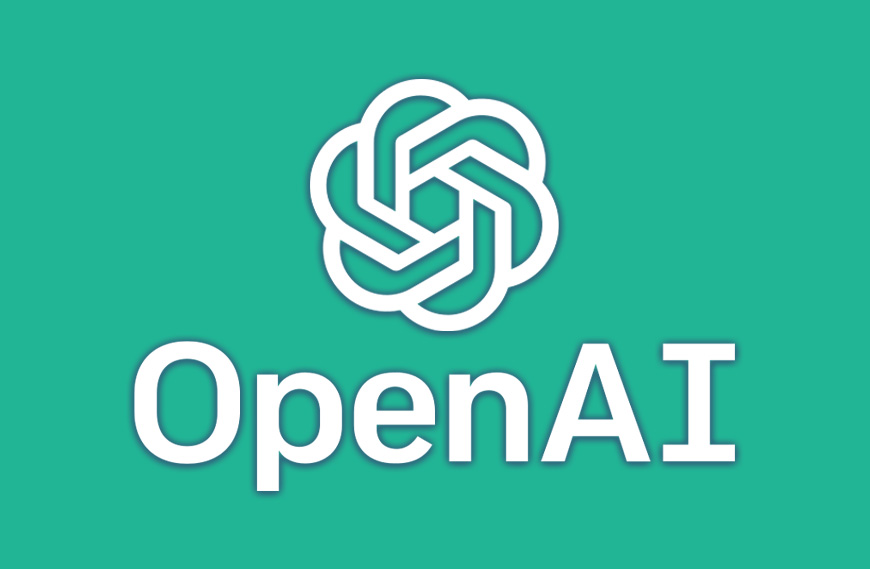OpenAI is an artificial intelligence research laboratory consisting of the for-profit corporation OpenAI LP and its parent company, the non-profit OpenAI Inc.
OpenAI was founded in 2015 by AI researchers, including Elon Musk, Sam Altman, Greg Brockman, Ilya Sutskever, and John Schulman, among others, to advance artificial intelligence safely and efficiently.
The organization aims to advance digital intelligence to benefit humanity by conducting cutting-edge research in artificial intelligence and making the results accessible to the public. ChatGPT is one of the many AI models developed by OpenAI and is designed to provide human-like interactions with users through chat interfaces.
It is focused on developing AI systems that are safe and beneficial for humanity and is committed to ensuring that the benefits of AI are shared as widely as possible.
What does OpenAI stand for?
The name OpenAI stands for “Open Artificial Intelligence”. The company’s founders chose this name because they believe that AI should be developed in a transparent and open way, so that everyone can benefit from its advances.
What is OpenAI’s mission?
OpenAI’s mission is to ensure that artificial general intelligence (AGI)—AI systems that are generally smarter than humans—benefits all of humanity. The company believes that AGI has the potential to solve some of the world’s most pressing problems, such as climate change, poverty, and disease. However, it also recognizes that AGI could also be used for harmful purposes, such as creating autonomous weapons or mass surveillance systems.
How does OpenAI work?
OpenAI is a non-profit research laboratory, which means that it is not driven by profit. Instead, the company is focused on developing safe and beneficial AI for the benefit of all humanity. OpenAI’s research is funded by a variety of sources, including donations from individuals and organizations.
What are OpenAI’s challenges?
One of the biggest challenges facing OpenAI is the potential for misuse of AI. As AI becomes more powerful, it is important to ensure that it is used for good and not for evil. OpenAI is working to address this challenge by developing techniques to ensure that its AI systems are aligned with human values.
What is the future of OpenAI?
The future of OpenAI is bright. The company is well-positioned to continue making significant progress in the field of AI research. As AI becomes more powerful, OpenAI will play an increasingly important role in ensuring that AI is used for good and not for evil.
Where is OpenAI Headquarters located?
The headquarters of OpenAI is located in the Pioneer Building in San Francisco, California, United States.
Conclusion
OpenAI is a non-profit research laboratory that aims to ensure that artificial intelligence (AI) benefits all of humanity. The company has made significant progress in the field of AI research, and it is well-positioned to continue making important contributions in the future. As AI becomes more powerful, OpenAI will play an increasingly important role in ensuring that AI is used for good and not for evil.
FAQs
- Is OpenAI open source?
Some of OpenAI’s research is open source, but the company also has a proprietary research arm. The company’s goal is to make sure that its AI systems are used for good, and it believes that some research is best kept confidential.
- Is OpenAI working with the government?
OpenAI has worked with the government on a number of projects, but the company is not beholden to any government. OpenAI is committed to developing AI that is beneficial to all of humanity, and the company believes that it can best achieve this goal by remaining independent.
- How does OpenAI ensure safety with AI technologies?
OpenAI places a premium on safety research to mitigate potential risks associated with advanced AI systems. Their commitment to transparent AI development allows the broader research community to scrutinize and enhance safety measures collectively.
- Can anyone access OpenAI’s models and technologies?
Yes! OpenAI provides access to its AI models and technologies through APIs, enabling developers to build innovative applications and solutions across various domains.
